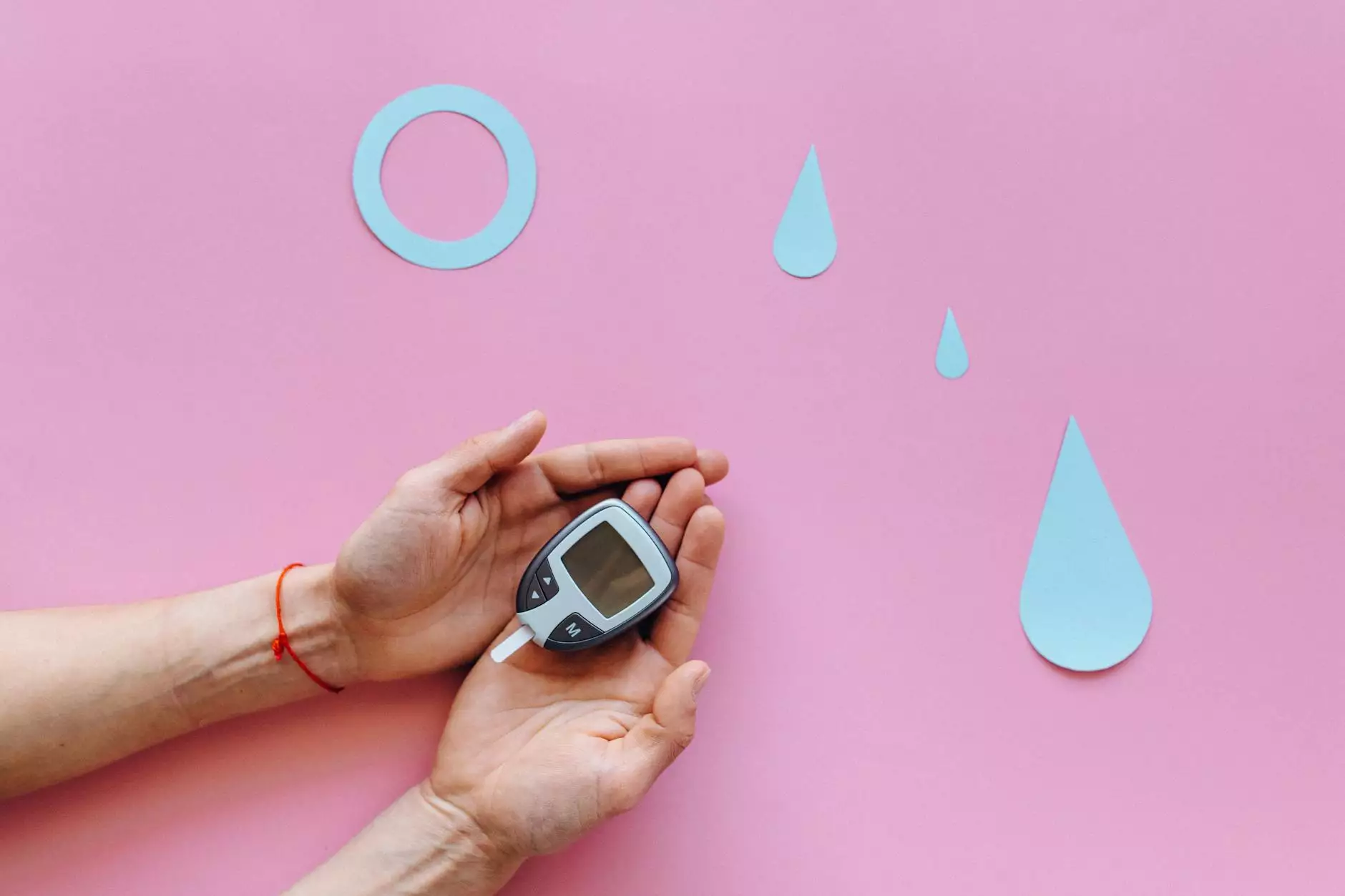8 Symptoms of Dementia or Early Alzheimer's

Introduction
Welcome to the CARE Blog brought to you by Grim Harley, MD. In this post, we will delve into the topic of Dementia and Early Alzheimer's, focusing on the 8 key symptoms you should be aware of. Our goal is to provide you with comprehensive information that can aid in understanding, recognizing, and managing these symptoms effectively.
Symptom 1: Memory Loss
One of the most common signs of dementia or early Alzheimer's is memory loss. This can manifest as forgetting recent events, misplacing objects, or having difficulty recalling familiar names. Memory loss may start as mild forgetfulness, but it gradually worsens over time, impacting daily life activities.
Symptom 2: Difficulty with Problem Solving
Individuals with dementia may experience challenges in problem-solving and planning. Simple tasks that were once easily handled may become increasingly difficult. Decision-making abilities might also be affected, making it harder to handle finances or complete familiar tasks.
Symptom 3: Confusion and Disorientation
Confusion and disorientation are hallmark symptoms of dementia. A person may get disoriented in familiar surroundings, forget where they are or how they got there. They may also struggle with understanding time, date, and season or confuse day and night. These symptoms can cause distress and frustration for both the individual and their loved ones.
Symptom 4: Language and Communication Problems
Language and communication difficulties may arise in individuals with dementia. They might struggle to find the right words, repeat themselves frequently, or have difficulty following conversations. Expressing thoughts and understanding others can become increasingly challenging as the disease progresses.
Symptom 5: Impaired Judgment
Impaired judgment is a symptom often observed in individuals with early Alzheimer's. They may make poor decisions, fall victim to scams, or exhibit changes in behavior that seem out of character. Impaired judgment can heavily impact personal and financial safety, requiring careful monitoring and support.
Symptom 6: Personality and Mood Changes
Dementia can lead to personality and mood changes. Individuals may become increasingly irritable, anxious, or agitated. They might show a lack of interest in previously enjoyed activities and withdraw from social interactions. Understanding and addressing these changes can greatly improve the emotional well-being of both the individual and their caregivers.
Symptom 7: Loss of Motor Skills
As dementia progresses, individuals may experience a decline in motor skills. They might have difficulty with balance, coordination, and performing everyday tasks that require fine motor skills, such as buttoning a shirt or holding utensils. Occupational therapy and physical exercises can help maintain mobility and independence to some extent.
Symptom 8: Withdrawal from Social Activities
Individuals with dementia often withdraw from social activities and isolate themselves. This can be attributed to difficulties in communication, fear of embarrassment due to memory lapses, or cognitive challenges. Encouraging social engagement and providing a supportive environment are vital in improving the individual's quality of life.
Conclusion
Recognizing the early symptoms of dementia or Alzheimer's is crucial for early diagnosis and intervention. Grim Harley, MD emphasizes the importance of understanding these symptoms and seeking professional guidance. Remember, compassionate support and appropriate care can significantly enhance the well-being and overall quality of life for individuals with dementia.
For more information and expert advice, please explore the other articles on our CARE Blog or schedule a consultation with Grim Harley, MD.









